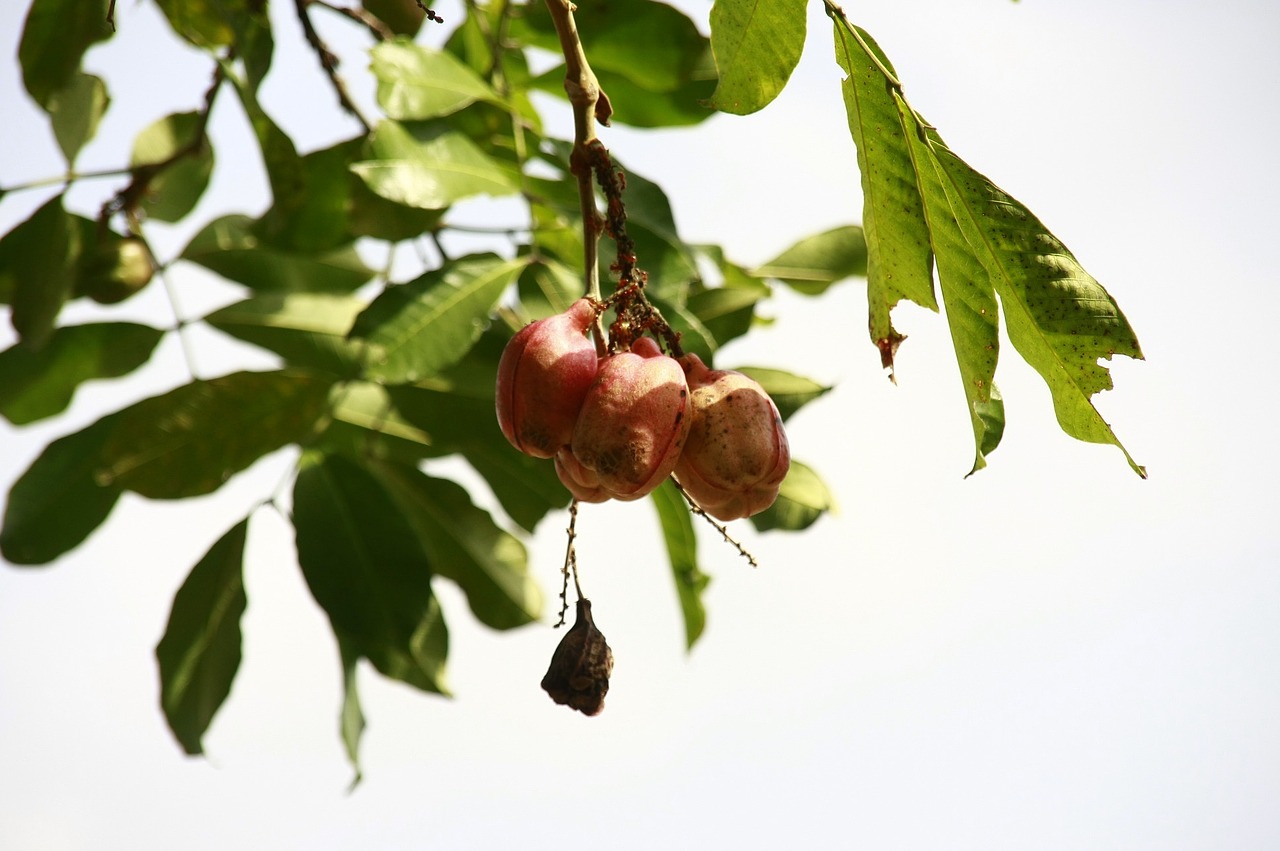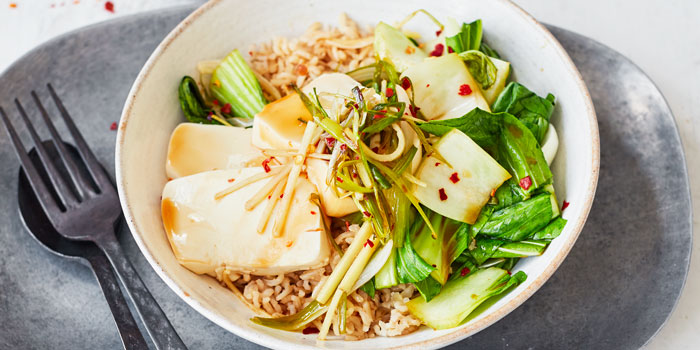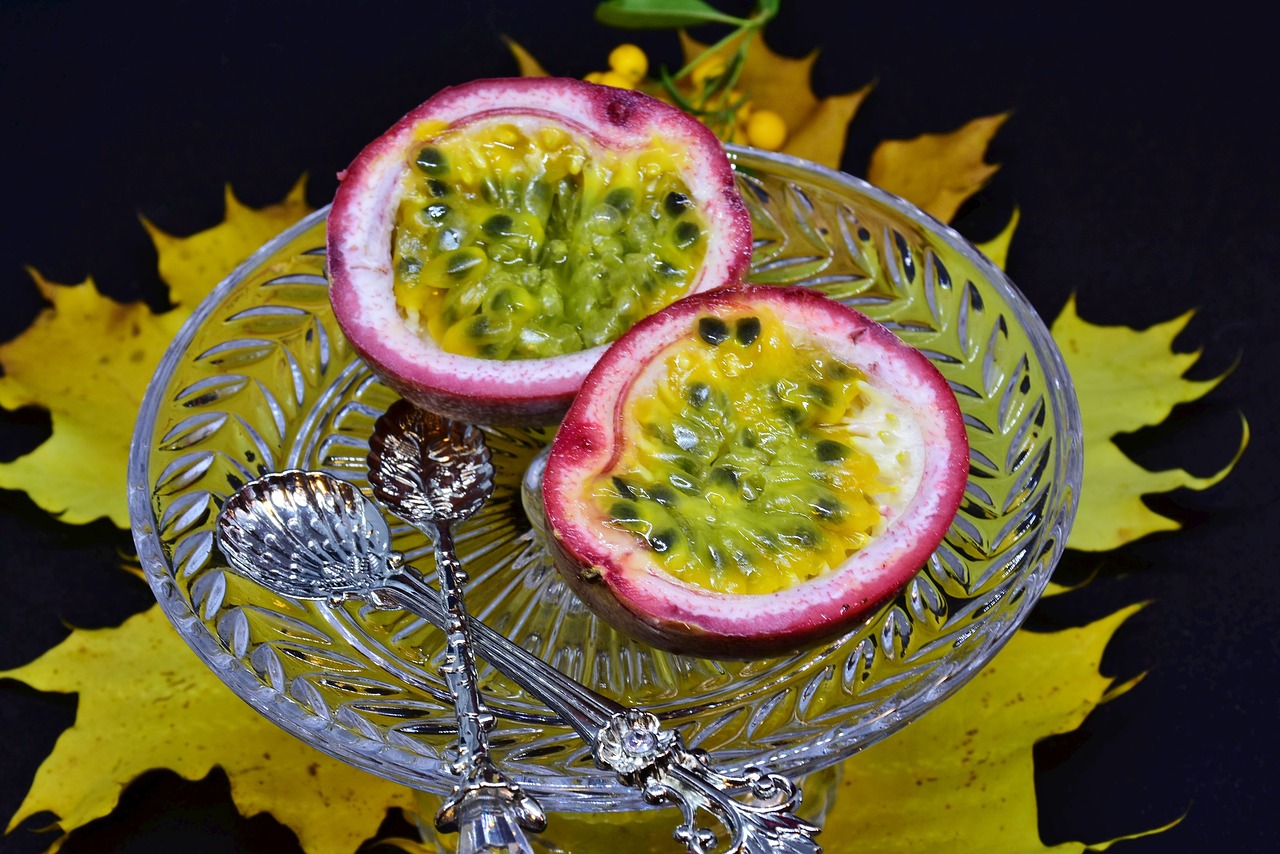
Health Benefits of Ackee

The ackee fruit is part of the sapindaceae soapberry family and known as the national fruit of Jamaica. Similar to tomatoes, ackee is often thought of and used as a vegetable even though it is technically a fruit. Not only is this creamy fruit commonly used in Caribbean cuisine, but it is also admired for its plethora of health benefits.
To start, the ackee fruit is a great source of many vitamins and nutrients. Ackee contains zinc, calcium, and phosphorus which all positively impact bone function. Ackee is also a rich source of potassium and Vitamin C. Potassium is excellent for preventing blood vessel damage so the potassium present in ackee is great for regulating a person’s blood pressure. The Vitamin C in ackee is also great for boosting the immune system, which is definitely a good thing to keep in mind during the current public health crisis. Ackee can also do wonders for the digestive system. This is because ackee contains fiber which regulates the digestive system by preventing constipation, bloating, and cramping. Finally, ackee contains healthy fatty acids like oleic, palmitic and stearic which can protect against heart disease.
Have all these rich health benefits convinced you to try this delicious buttery fruit yet? Jamaica’s most common recipe that uses ackee is called “Ackee and Saltfish”. This makes for a simple, savory entree. Likewise, you can also eat ackee in lighter meals or snacks like soups, salads, quiches, or fritters. You could even eat ackee as a dessert and have it in a soufflé, cake, or flan!
Works Cited
diG Jamaica. “Ackee: The Good And The Bad.” DiG Jamaica, 13 July 2019, digjamaica.com/m/blog/ackee-good-bad/.
“What Is Ackee Good For?” Mercola.com, 5 Apr. 2017, foodfacts.mercola.com/ackee.html.

The Health Benefits of Coffee
You May Also Like

Japanese Macrobiotic Diet
November 24, 2019
The Importance of Jamaican Independence Day
August 6, 2020